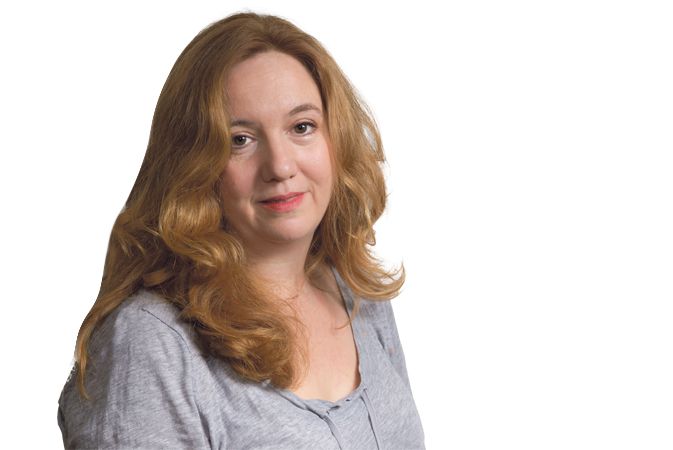I have to admit I was feeling pretty lucky. As readers of this column know, I’ve got the house, the bike, a smattering of Danish and a job working on vaccination awareness that makes me feel like a hero every day. And in the whirlwind 18 months we’ve been in Denmark, my feet have hardly touched the ground.
But now that things are settling down, I realise there’s one thing missing: mates. It’s not that I don’t have any: I have a few, but nothing like back home. Apparently, I should feel grateful. Expat websites have message-boards laden with embittered comments about how hard it is to make friends in Denmark.
I got off to a head-start when I arrived here thanks to the American Women’s Club (AWC) of Denmark, despite not being American myself (they are not fussy that way). If you had told me a couple of years ago what a lifeline they would be, I wouldn’t have believed it. I mentally dismissed such organisations as being all about bake sales and needlework. I was wrong.
From high-flying careers to motherhood, from death to divorce and beyond, these gals have done it all and they’ve done it in Denmark. Their advice rocks. Okay, they have a quilting group, but I imagine even that is pretty hardcore.
According to Clarice Scott, the president of AWC Denmark (and a good friend), two things pretty much guarantee you a modicum of a social circle. “Have a baby or find religion!” she says, adding that church-going has significantly boosted her social circle. I have to concede that almost everyone I know (outside AWC) has been through our daughter’s school. I have met some great people, but I miss British humour and I had thought that after more than a year I might have made more social inroads with the Danes.
Clarice guffaws loudly when I tell her this: it’s the guffaw of experience. “After 20 years, I just got my first Danish friend,” she says sagely. “It’s harder for us expats. Our groups and networks are constantly changing as people leave and arrive. That doesn’t happen to Danes as much.”
I decide it’s time for ‘Operation Find Mates’. It’s the kind of thing where teenage magazine problem pages tell you to join a youth club or take up rambling. Danes seem to have an association for everything – there’s probably even a league of extreme quilters, so surely there’s a Danske Billy-No-Mates Union? In no time at all, I had found Meet-Up.
Meet-Up is an online organisation that brings together people who have something in common. In my zeal I joined a plethora of groups: from ‘International Parents’ to a group called ‘We believe everyone can dance’ (they have not been to the same parties I’ve been to).
But my hopes for improving my social life were really given a boost when I found a group for British expats meeting in an Irish pub for a quiz night. The group is run by an Australian who no longer lives in Copenhagen, but hasn’t been able to find anyone to take over. Perhaps I should have found that troubling, but I was too busy fantasising about a British version of ‘Cheers’, a real pub where everyone knows your name and they sell salt and vinegar crisps.
I turned up at the allotted time at the pub, which was very pub-like and well stocked with crisps. The only problem was that I had no idea who I was looking for and it was like a rabbit warren. After wandering around self-consciously for a few minutes, I approached the quizmaster and asked if he knew which table was the meet-up group.
“Oh, that group for English people with no mates?” he said with a pitying look. He didn’t know where they were, and I had to go table-to-table asking. Finally I found them, but where I had hoped to find just a little bit of Blighty, I found a Lithuanian and a German who wanted to practise their English and a girl from New Zealand.
They were lovely, but I felt a tiny bit disappointed as I cycled home. On arrival I checked my email and there’s a message from the International Parents Meet-up group. It was an advert for a second-hand breast pump. Maybe I should take another look at that quilting group.














